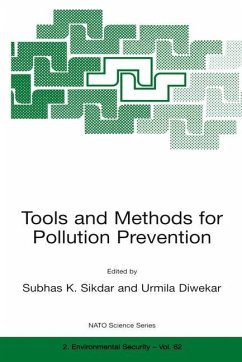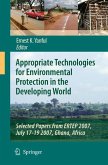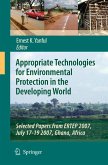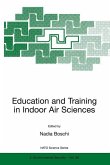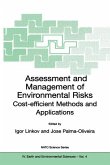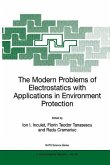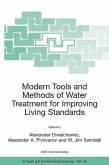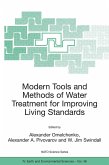Difficult ethical and political issues confront the application of scientific and technological solutions for preventing pollution from occurring. Often the questions embodying proposed solutions to known problems are ambiguous; and no singular solution can exist for all locations. Yet the common organizing principle for all solutions to environmental problems must be scientific, because only sound science can provide a rational understanding that decision-makers can use universally. The NATO Advanced Research Workshop (ARW) on Tools and Methods for Pollution Prevention (October 12-14, 1998, Prague, Czech Republic) was designed to assemble experts from NATO and former socialist countries of Eastern Europe to discuss science-based tools and methods, either available or in development, that can be used to analyze environmental impacts of manufacturing processes and manufactured products. The presentations at the workshop were written up specifically for the purpose of this book, albeit after peer reviews and thorough revisions. Most of the chapters focus on specific method development for designing environmentally benign processes or products. Several chapters take a broader view and focus on such designs from an implementation perspective, and dwell on ethical conflicts, resistance to change because of inertia or inadequate infrastructure, and on the lack of resources. We placed these chapters at the beginning of the book. The volume starts with the overview by Sikdar et aI. , who describe the scope and difficulties of pollution prevention in the manufacturing sectors.
Hinweis: Dieser Artikel kann nur an eine deutsche Lieferadresse ausgeliefert werden.
Hinweis: Dieser Artikel kann nur an eine deutsche Lieferadresse ausgeliefert werden.

